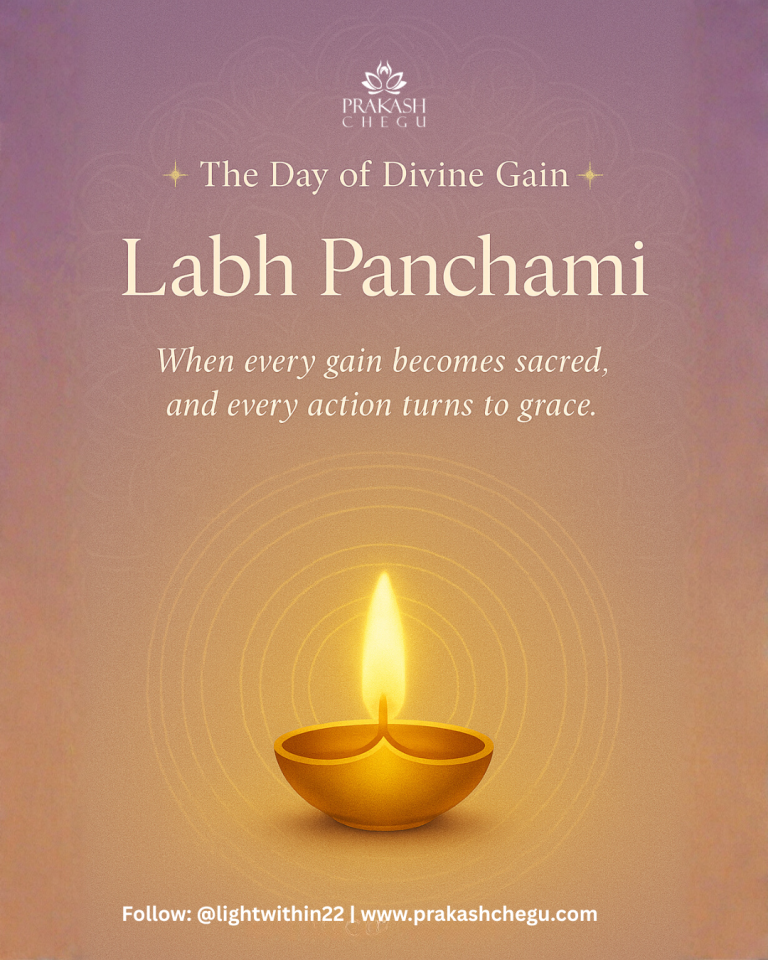Introduction
For centuries the heart has been revered as the seat of emotion and intuition. Modern science is now catching up, revealing that the heart has its own intrinsic nervous system and communicates with the brain in profound ways. This emerging field of neurocardiology shows that your heart doesn’t just pump blood—it senses, processes information and influences how you think and feel.
Your Heart’s Own Brain
- Intrinsic cardiac nervous system: The heart contains a network of neurons capable of memory and learning. It sends signals to the brain via the vagus nerve and other pathways.
- Signal direction: Approximately 80 % of the vagus nerve fibres carry information from the heart to the brain, not the other way around. Your brain listens to your heart far more than your heart listens to your brain.
- Electromagnetic field: The heart generates the largest electromagnetic field in the body, extending several feet beyond your skin. This field interacts with those of other people, influencing mood and coherence.
Heart‑Brain Coherence
- When your heart rhythm becomes smooth and rhythmic (coherent), it sends harmonious signals to the brain, improving focus, creativity and resilience.
- Coherence can be achieved through practices like slow breathing, gratitude, compassion and listening to uplifting music.
- HeartMath research shows that heart coherence reduces stress hormones, increases immune response and enhances emotional stability.
Healing Trauma and Stress
- Neurocardiology: Trauma disrupts heart‑brain communication, leading to anxiety and difficulty regulating emotions. Training in heart coherence can help heal these patterns.
- Vagal tone: Strengthening vagal tone through chanting, humming, cold exposure and yogic breathing enhances heart–brain connectivity.
- Love and compassion: Acts of love increase oxytocin, which in turn boosts heart function and promotes tissue regeneration.
Spiritual Insights
- Many spiritual traditions teach that the heart is an organ of perception, guiding you toward truth and alignment. Scientific findings support this by showing how heart rhythms influence cognition and decision‑making.
- Listening to your heart—through meditation, prayer or simply placing your hands on your chest—can reveal intuitive guidance.
Conclusion
Your heart is more than a pump; it is a wise, perceptive organ that informs your mind and emotions. By cultivating heart‑brain coherence through breath, gratitude and compassion, you can heal trauma, reduce stress and unlock greater creativity. Tune in to your heart’s rhythm—it may be the most direct path to inner knowing and well‑being.






